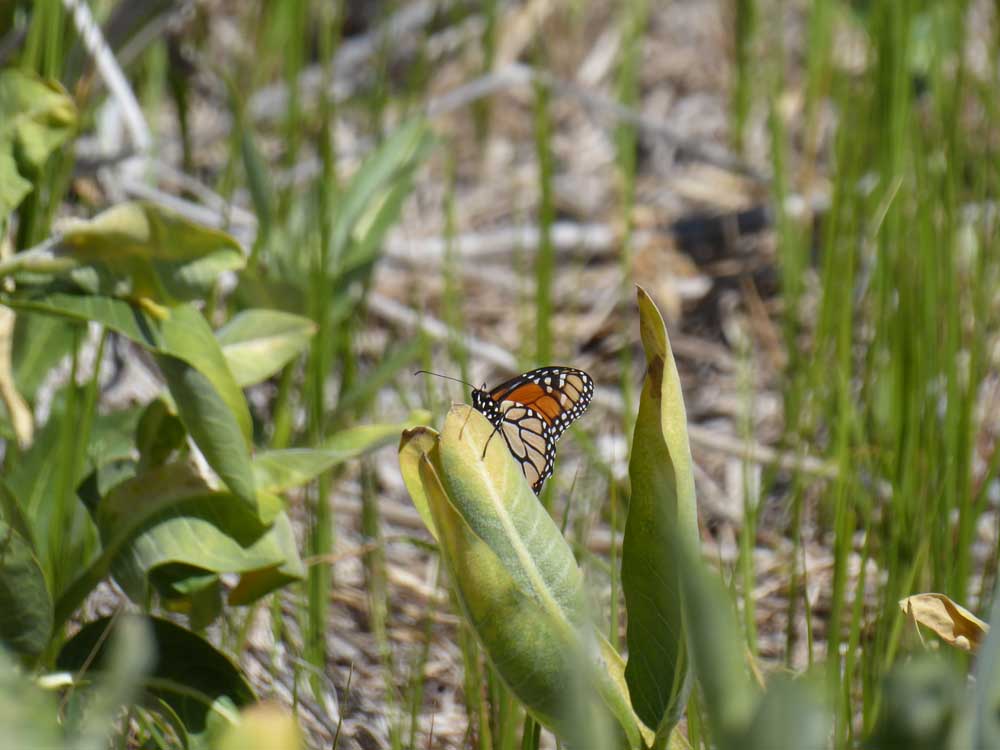To help western monarch butterflies, try planting milkweed
Published 1:00 pm Wednesday, July 10, 2024

- Camp Polk Meadow Preserve is among the places in Central Oregon to see monarchs during their summertime migration north after overwintering in coastal California.
Monarch butterflies are afoot locally, according to staff at the Deschutes Land Trust, a local nonprofit that works to restore and preserve land tracts and waters that sustain Central Oregon.
Over the past couple of weeks, there have been sightings of western monarch butterflies around Central Oregon, including the Land Trust’s 151-acre Camp Polk Meadow Preserve. That’s good news for monarch fans, as well as the struggling species.
Milkweed’s role
The native milkweed plant has everything to do with the presence of the beautiful, winged insect in Central Oregon. Amanda Egertson, stewardship director at the Land Trust, explained that monarch butterflies overwinter in California and, in summer, migrate north, passing through Central Oregon among other parts of the West as they fan out.
Cascade Camera Club’s nearly sold-out coffee table book
“It’s not a single butterfly; it’s multiple generations,” Egertson explained. “Each generation is going a little farther north.”
Four of these short-lived generations that make the trek as far north as Washington and southern Canada, with eggs being laid, caterpillars hatching and forming a chrysalis and emerging as butterflies in a metamorphosis that takes about a month.
“They need milkweed specifically to lay eggs,” Egertson said. “Caterpillars have evolved to eat milkweed.”
The end of summer sees the hatch of the so-called super generation, physiologically different, a single generation makes the return trip all the way south from the Pacific Northwest to overwinter in coastal California.
Habitat restoration
According to the Xerces Society for Invertebrate Conservation, in recent years, the number of monarchs making the return trip to California has declined by more than 90%. The society’s Western Monarch Call to Action spells out steps for monarch recovery, which includes restoring their habitat outside of California.
Because of this critical role milkweed plays in monarchs’ lives, the Land Trust plants native milkweed in its preserves and gives away milkweed seeds for people to plant at home. There are two native species of milkweed, narrowleaf and showy. To have seeds mailed to you, you can fill out an online form at deschuteslandtrust.org. The Land Trust will also be on hand and giving them away at Summer with the Library events this summer, including 10 a.m. to noon Saturday at Heritage Park in La Pine and July 27 at Village Green Park in Sisters.
Otherworldly hues make Blue Pool mesmerizing, but also dangerous
According to Egertson, along with seeing monarchs, one might see signs of the insect’s caterpillar form such as munched-on milkweed leaves. The Land Trust hears regularly from people who have successfully drawn monarchs via milkweed they’ve planted.
“The more people we have planting milkweed, the better,” Egertson said. “This is one of those ways you can really make a difference.”








